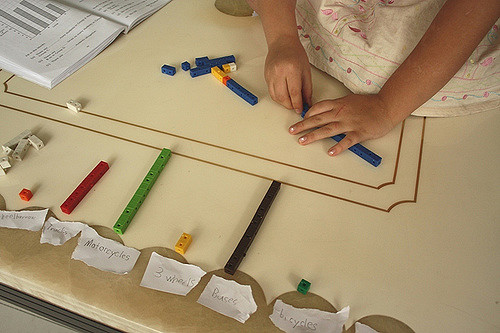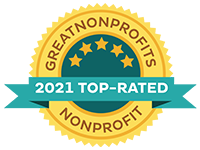Homeschooling: A New Perspective of Educating

Homeschooling is the name given to the educational process kept at home under the teaching and guidance of parents or guardians. This is a new teaching approach for parents and children and a new educational alternative to the formal learning environments.
Among the reasons that motivate more parents to teach their children at home are dissatisfaction with the quality of education in public schools or private schools, concern with safety of school environments, and need to provide moral and Christian values to the children.
This new form of education may be beneficial for children who live in remote areas where there are no educational institutions, students temporarily living away from their home country, and children whose parents need to travel constantly. Taught by a tutor or by their own parents, homeschooling also emerges as a way to complement the studies taken in school and become an ally in the education of children in specific circumstances. Moreover, this new teaching modality can also receive academic guidance of instructors or supervisors in order to provide educational support for parents and students. In the past, homeschooling was an option taken only by a few of the elite, where children received domestic education in early childhood. In countries where there were no formal schools, it was common for parents or guardians to teach children. The task of educating children at home and developing in students a taste for learning was also a way to strengthen ties and emotional bonds.
The teaching methodology used in a homeschool varies from student to student; it considers not only the level of educational development but also the temperament, degree of teaching experience lived by each student, education received from parents, skills and competencies, as well as adaptation of courseware. This is a personalized education that takes into consideration the profile, affinity, and interest of the learner, where he has the opportunity and flexibility to test and decide which method to choose for teaching and learning process.
Among the terms used to describe this style of parenting are:
- Natural learning: refers to education where students gain knowledge from their own experiences, having the parent or guardian as a facilitator of the learning process;
- Unschooling: refers to children learning through exploration of activities initiated by their personal motivations.
- Parents become mediators, respecting the preferences of the child, without making use of authority or coercion.
- The two teaching methods support the idea that the child learns better when he has the opportunity to put them into practice in his everyday life, such as helping parents in some task, observing the phenomena of nature, conducting homemade experiments, comprising mathematics counting toys, learning to read from the labels of the products that the family has at home.In summary, homeschooling is an educational practice that encourages parents and children as it provides an opportunity for parents to offer their children an education not only academic but also moral and religious.It allows greater flexibility in case of familial disease or need to do constant travel for work purposes.Education must be an extension of home and family. Homeschooling is a form of learning where school and family are not separate institutions, they walk together.
photo credit: jimmiehomeschoolmom via photopin cc









